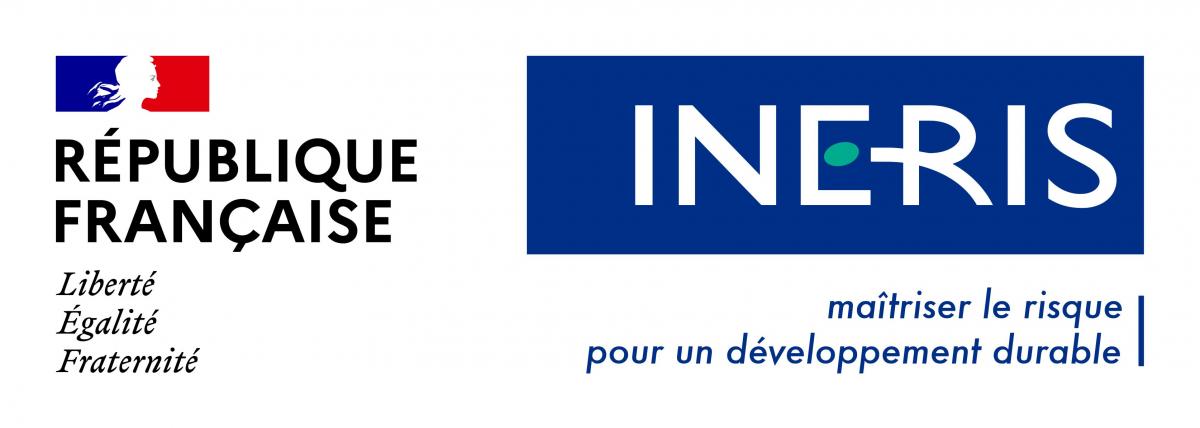State of knowledge about the risks and impacts associated with deep geothermal
Résumé
Deep geothermal is a renewable and non-intermittent source of energy that can contribute to the global transition towards a lower emission of carbon and less greenhouse emitting energy mix. Only a small share of the world’s geothermal potential is being exploited today and many countries, including France, have included in their objectives an accelerated development in this renewable energy for the coming decades (Bertani, 2015). Like any industrial activity, deep geothermal drilling is accompanied with potential inconveniences and possible risks for people and the environment, which must be clearly identified and controlled in order to make this industry fully compatible with the expectations and the needs of the citizens, especially those living near such facilities (UCS, 2016). In past years, some concerns have been expressed by local authorities regarding the development of deep geothermal projects, particularly in the field of high temperature, based on the risks associated with such underground operations. We present the current knowledge about the risks and impacts associated with deep geothermal. In addition to the scientific literature, it is based on the feedback from incidents or accidents already recorded in this field . It also capitalizes on INERIS’ expertise in the field of risks related to other sectors, such as hydrogeology or oil and gas wells, to provide a larger perspective of deep geothermal technologies. A census of accidents or incidents reported in the field of deep geothermal reported 35 events, of which 32 were deemed relevant to the safety conditions currently in the framework of this industry. Of these 32 events, one death and nine wounded were recorded in almost three decades of feedback and over about 1,700 geothermal installations operating in the world. Other types of consequences are property damage on the surface (buildings or infrastructures), local pollution or psychological impacts on the inhabitants. The overall impression that emerges from this assessment is that deep geothermal energy benefits from a rather weak accidentology. It should be noted that most of these types of accidents are not specific to deep geothermal energy and can appear in any well extraction of subsurface resources (hydrocarbons, drinking water supply, underground gas storage, etc.). On the other hand, the context of geothermal energy offers conditions that are more favorable to certain types of accidents and less favorable to others. Main accidental risks can be divided into 3 main themes (Gombert et al., 2017) : 1) Accidental release of surface fluids (blowout), gaseous emissions or effluents of fluids (Kage et al., 1998) ; 2) Contamination of sensitive aquifers, due to longitudinal or lateral loss of integrity of a well (Vernoux et al., 2002) ; 3) Felt seismic events (Zang et al., 2014) and noticeable ground movements as upheaval or subsidence (Allis, 2000) ; seismic events are mainly due to the stimulation operations (particularly hydraulic), but also to the production phase ground movements are respectively due to overpressure induced in the geothermal reservoir or to significant reservoir depletion (incomplete reinjection of geothermal fluid). All the risks and impacts have been summarized in Table 1 with a qualitative rating scale to compare them, in terms of their likelihood of occurrence and the severity of the consequences they might have. This assessment is carried out for each phase of the life cycle of a geothermal site (drilling, testing, production, post-abandonment) and is based on a scale of 4 values. It should be noted that this is a generic assessment, which is not intended to replace the specific analysis that has to be carried out in the context of each site.
